"(Required)" indicates required fields
Window Glass Options
Compare the pros and cons of the various types of glass:
- Low-E
- Tinted
- Tempered
- Obscure,
- Low Maintenance Glass
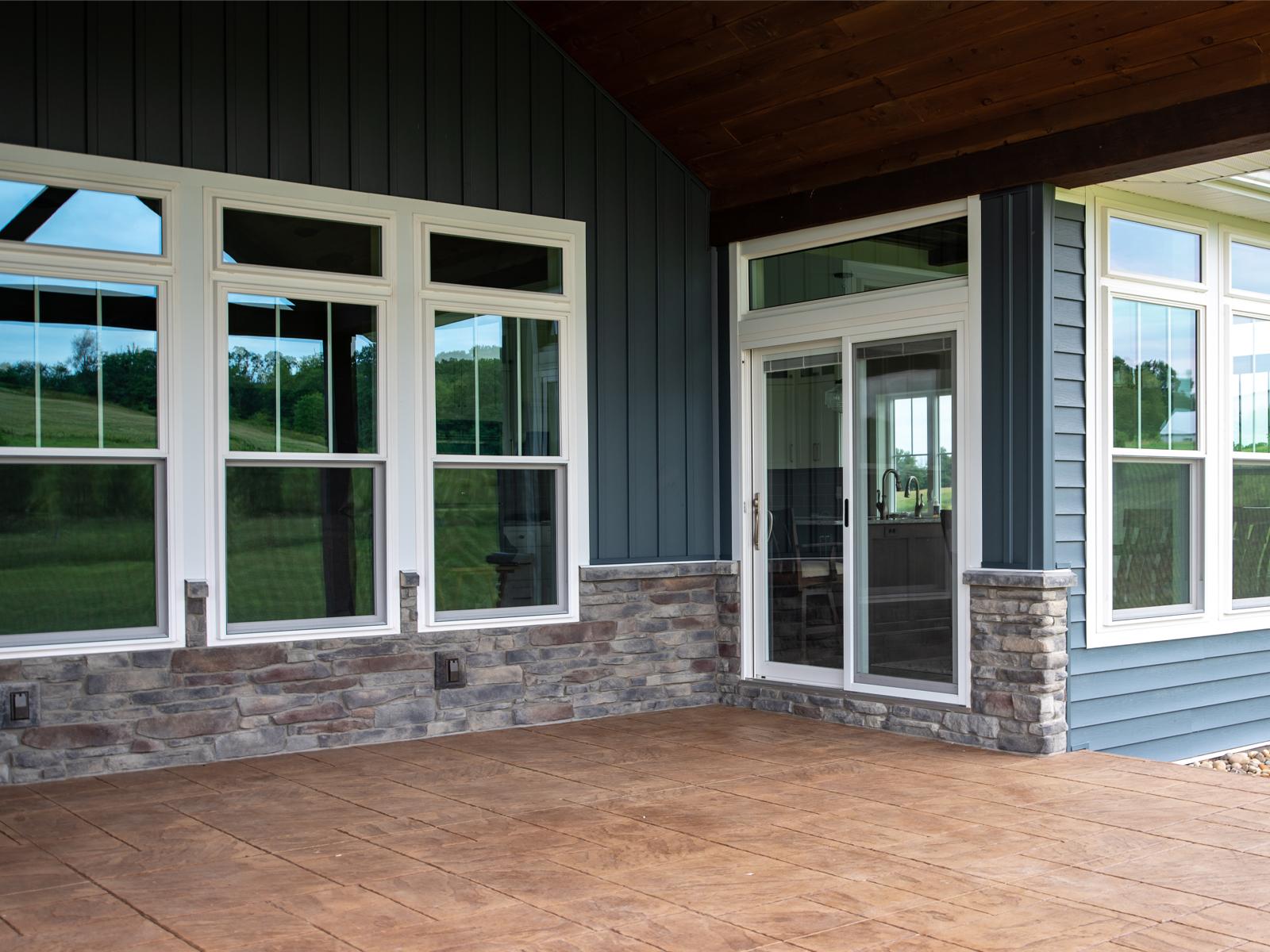
Have More Window Questions?
Schedule an appointment today to learn more about how HomeCraft Windows can upgrade your home.
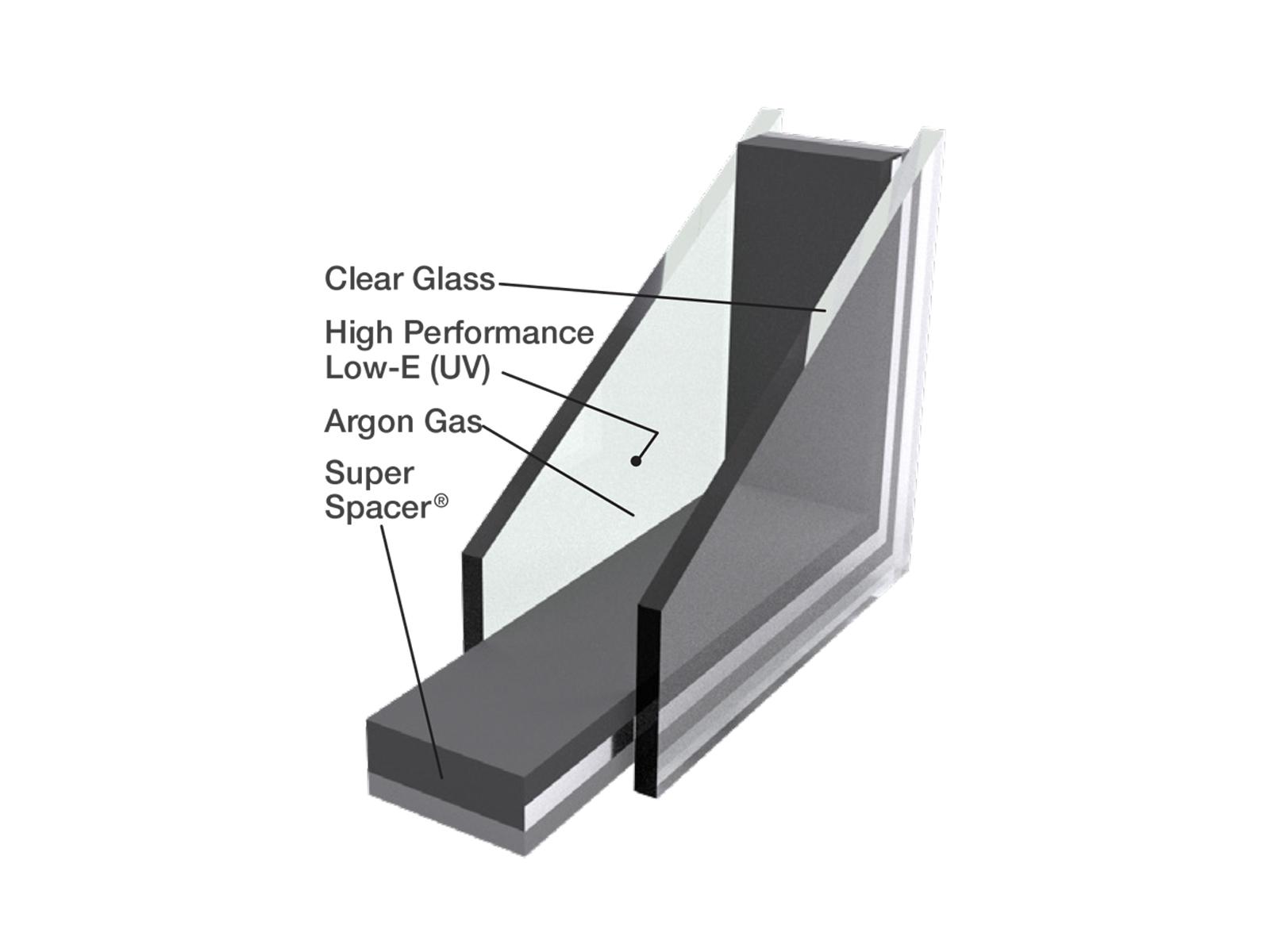
Low-E Glass
Low-E (low emissivity) glass is very commonly utilized because it provides maximum energy efficiency.
The glass receives a special coating on both sides of each pane. It keeps thermal energy on the side of the glass that it emanates from, so the Low-E coating will reflect heat outward during the hot summer months, and it will contain heat during the winter.
When double pane Low-E windows are manufactured, an argon or krypton gas is used between the panes to provide superior insulation. These innovations reduce energy consumption, so replacement windows that receive a Low-E coating will lower heating and cooling costs.
Tinted Glass
Tinted glass can be effective for homeowners that live in areas that have very warm climates, and it is sometimes utilized as a response to western or southern exposure. The tinting acts as a filter that blocks or absorbs infrared radiation and UV light.
When tinted glass is used in combination with a Low-E coating, there is an extraordinary level of protection against harmful UV rays, and energy consumption is minimized.
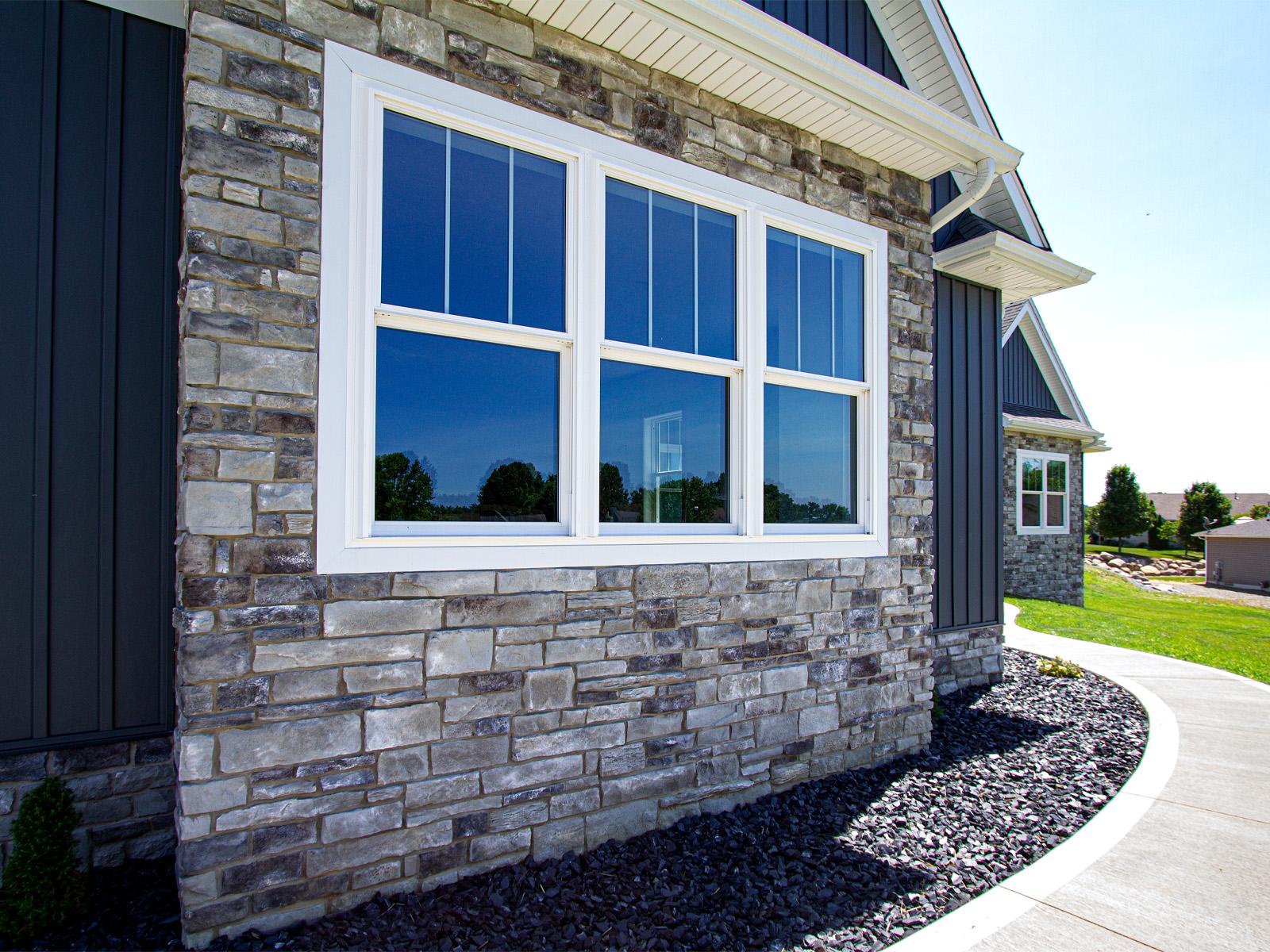
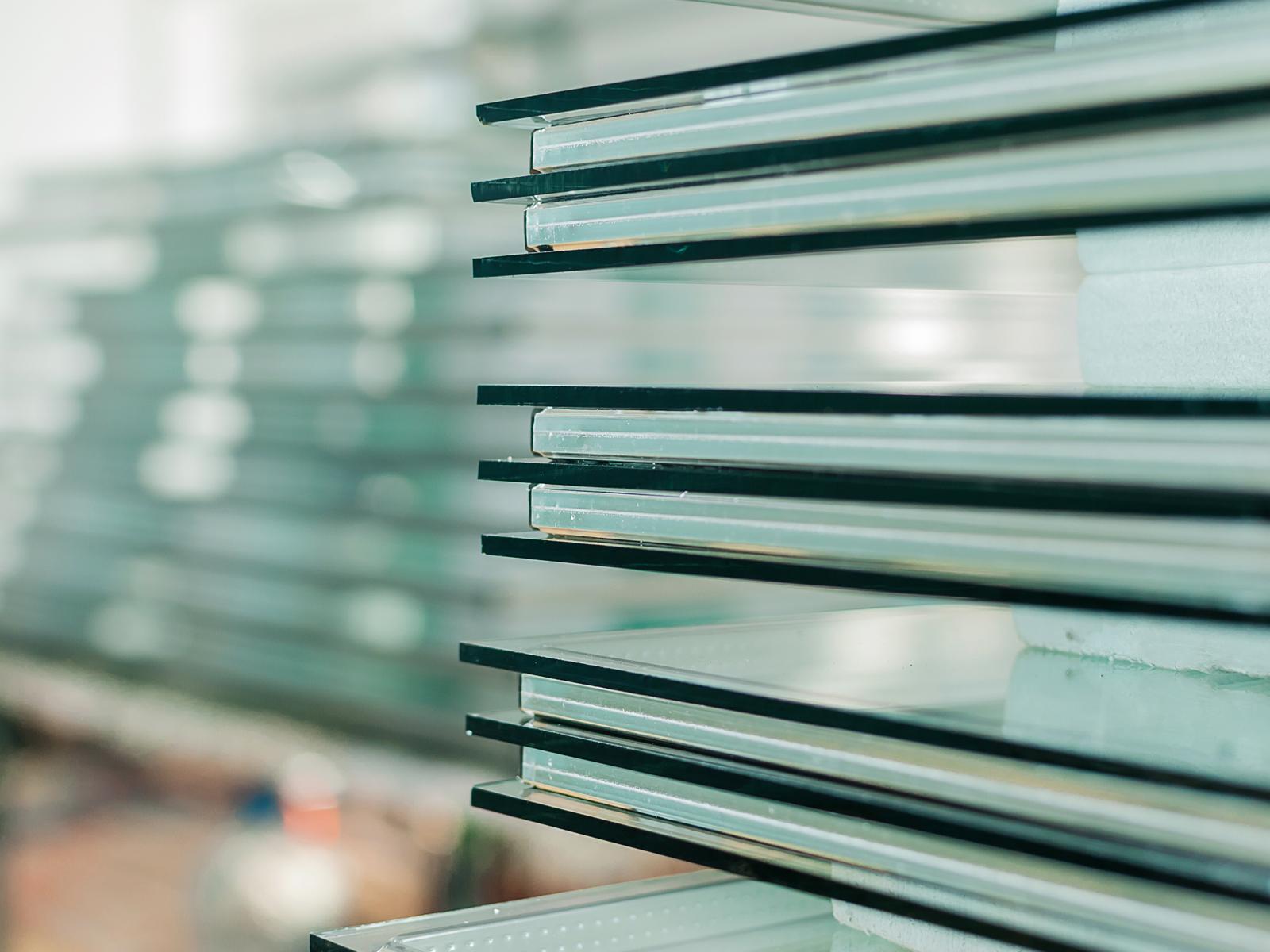
Tempered Glass
Anyone that is looking for maximum strength should consider using tempered glass. It is often called safety glass, because it does not break into large, sharp pieces if it is shattered. Plus, it is very hard to break, because it is up to 500 percent more sturdy than ordinary glass.
When tinted glass is used in combination with a Low-E coating, there is an extraordinary level of protection against harmful UV rays, and energy consumption is minimized.
Need Help Deciding?
Schedule an appointment today to learn more about how HomeCraft Windows can help you choose a glass type.
Read What Our Clients Are Saying About Us
Obscure Glass or Privacy Glass
There are a number of different types of obscure glass, but generally speaking, it is a rolled glass variety that has some type of embedded surface pattern.
It can be decorative or intentionally opaque to provide privacy without the need for window coverings.
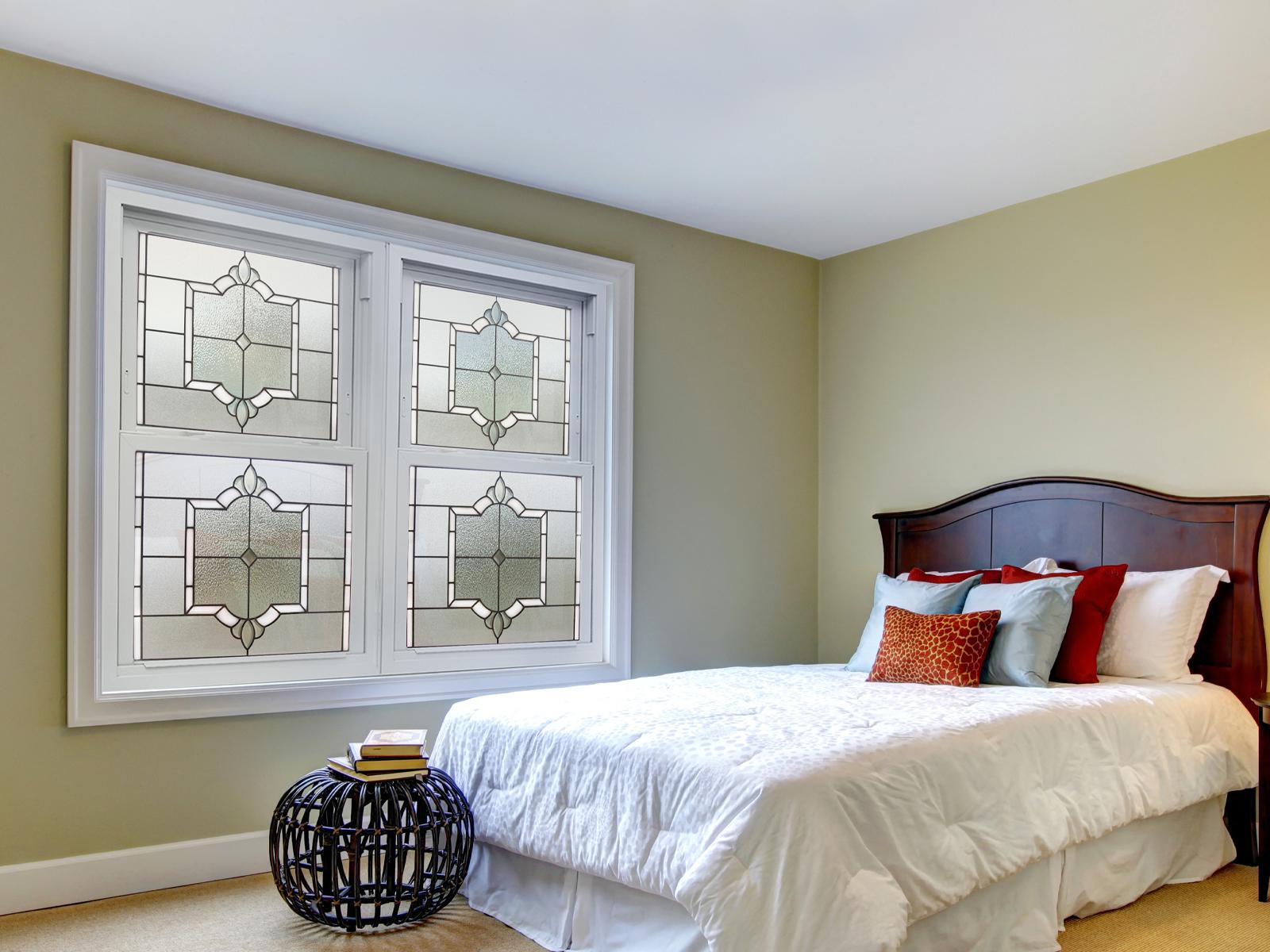
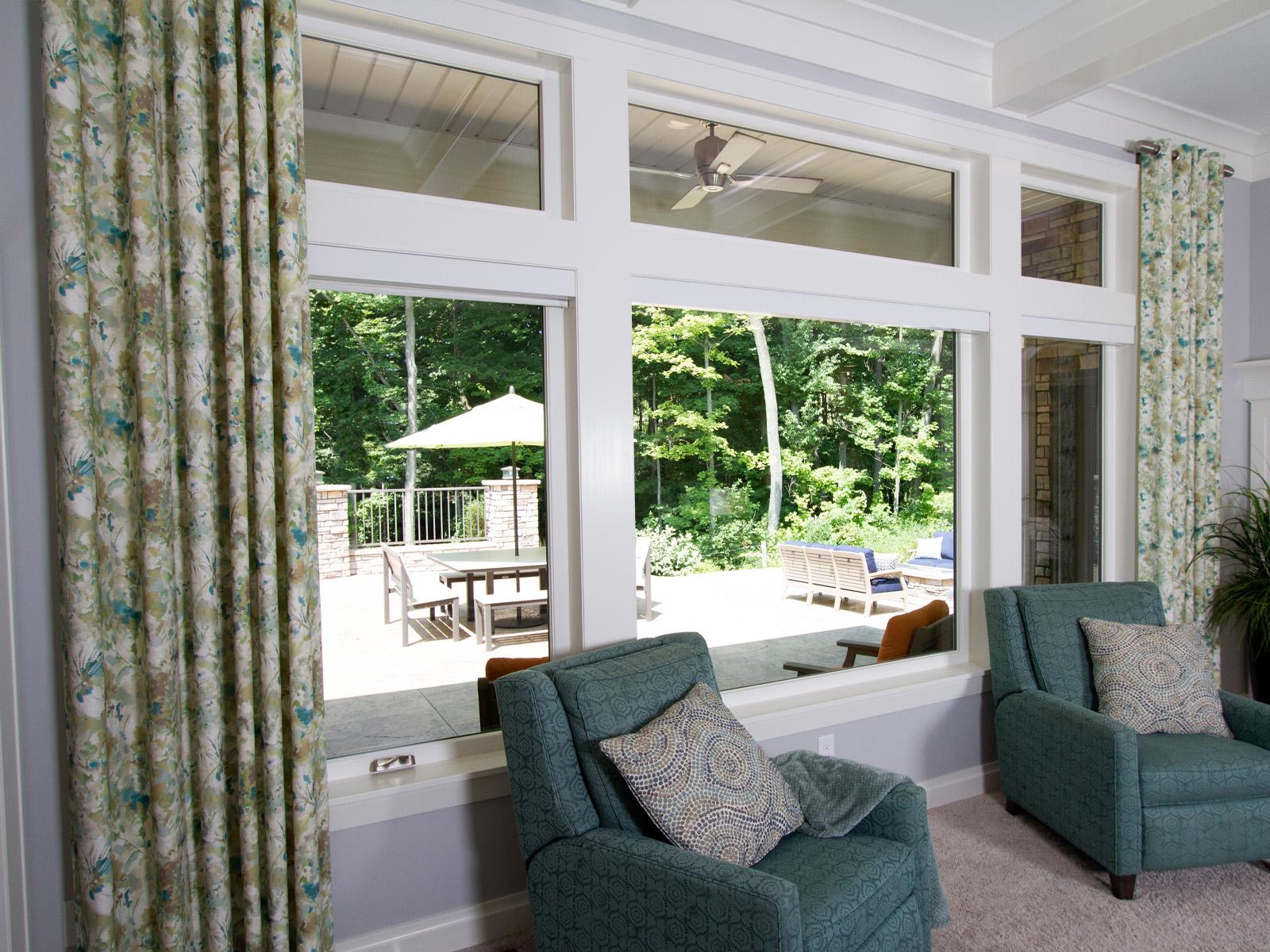
Low Maintenance Glass
It can be time consuming and difficult to keep glass clean under certain circumstances. Low maintenance glass was developed to provide a solution.
A special coating is added to the external face of the pane, and it is specially formulated to allow the glass to stay cleaner for longer periods of time.
Low maintenance glass is also easier to clean than conventional glass.
Explore Our Resources
Learn everything you need to know about windows, doors, luxury bathrooms, and more. Ready to start on your project? Schedule an appointment to get started today!
Window, Door, Siding, and Remodeling Tips
Our Hassle-Free Process
Enjoy a beautiful, affordable, energy-efficient home the EASY way.
We will come to YOU to get the process started. To begin, we will measure all your windows and doors. Once your selections are made, we will give you a quote.
Before starting the project, we will take detailed measurements of your current windows & doors. We will evaluate the new sizes and scope of your project, so there are no surprises down the road.
Once your custom windows arrive in our warehouse, we will reach out and schedule an installation date. We pride ourselves on the speed and effectiveness of our in-house installation crews.
Years of guaranteed comfort, energy savings, and lasting beauty will be your new reality. It all comes with our HomeCraft Lifetime Warranty from your premier local window installation company!

